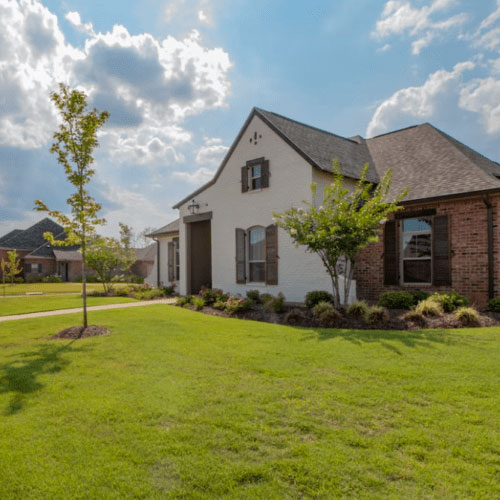
There are three main types of legal ownership of property. The first, “Tenancy by the Entireties” is reserved for married couples. If the property is deeded in both husband’s and wife’s names, it is presumed that upon the death of a spouse, the surviving spouse retains ownership. The law assumes that married couples share the property; however, clarifying language such as “husband and wife tenancy by the entireties” is good practice.
The second type, “Tenants in Common” is reserved for folks who wish to transfer their individual property interests under their will. In other words, each property owner is treated under the law as having interest in their name alone, such that upon death, their specific interest transfers under their will and in turn, goes through probate. A married couple can own property with another individual (person outside the marriage) in this type of deed.
The third type of ownership is “Rights of Survivorship”. It is reserved for persons who want to be able to transfer the property to the other owner upon their death. For example, if siblings own a joint property and the brother wants his share to go to his sister upon his death (and vice-versa), the deed will specify, “David Dole and Debbie Dole, siblings with rights of survivorship.” Such verbiage signifies that the two parties are siblings, but also that each wants to transfer to the other upon their deaths. In a slightly different scenario, wherein siblings want to each own 50% interest and be able to transfer it to their own children (or elsewhere), the deed would specify, “David Dole and Debbie Dole, siblings, as tenants in common.” In this scenario, David gets to transfer his 50% to whomever he wishes, and Debbie gets to transfer her 50% to whomever she wishes. A caution here—be sure to secure legal counsel about the potential for future family disputes before choosing this option: What if, down the road, one party wants to sell and the other wants to keep the property? Candid dialogue with an attorney is key to identifying the best arrangements for your unique situation and mitigating the risk of future family turmoil.
In summary, clear, specific language is paramount in crafting deeds. The goal is to ensure that if we were to fast-forward 30+ years and imagine a title surveyor reviewing the deed, we would be certain that the surveyor would fully understand the original intent of the document and know without a doubt exactly what transpired many years before.
Please give us a call so you can attend our free workshop by registering here or call schedule 717-844-9639 and we’ll set you up with a free consultation.


